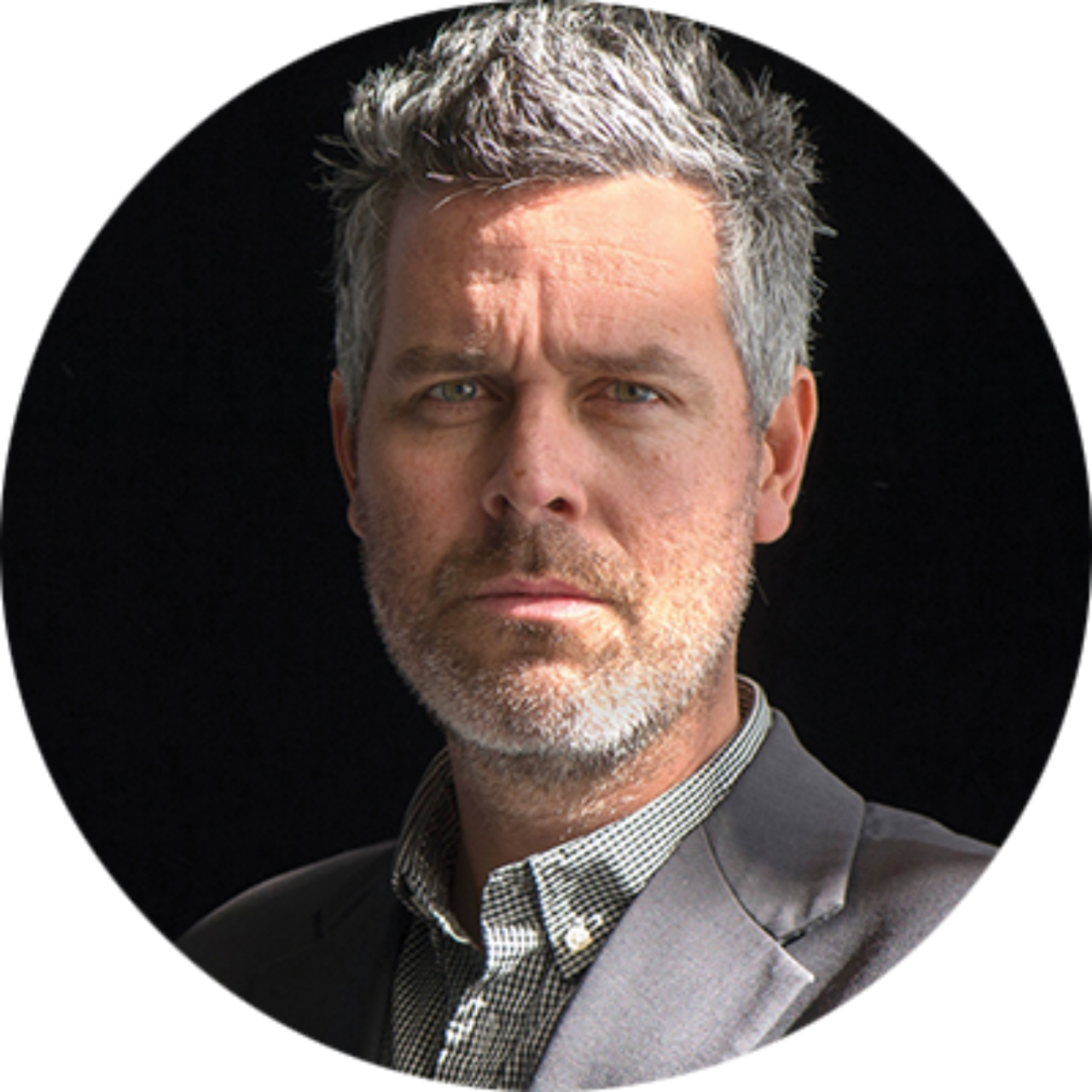Criminology Professor Mark Halsey has unearthed a worrying truth – that intergenerational incarcerations represent a significant number among the nation’s 40,000 prisoners. The problem disproportionately impacts Indigenous prisoners, who report both parents as having been incarcerated at three times the rate of non-Indigenous prisoners.
Following the completion of a 10-year longitudinal study of repeat offending and desistance from crime, Professor Halsey decided there was one issue that called for more specific investigation – how people from the same family get caught up in successive cycles of incarceration, release and reincarceration across generations.
Funded by a four-year Australian Research Council Future Fellowship, the book Generations Through Prison: Lived Experiences of Intergenerational Incarceration, by Professor Halsey and Flinders University colleague Dr Melissa de-Vel Palumbo, offers important signposts for change.
It shows that about one in ten prisoners in South Australia has at least one previously incarcerated parent. More specifically, 240 survey respondents (about 11% of the South Australian prison population at that time) reported two or more successive generations of incarceration, and told of 1,138 additional family members ever having been incarcerated, with 533 family members incarcerated at the time of survey.
Given the voluntary nature of the survey, Professor Halsey believes these figures considerably underestimate the true extent of the problem.
“It’s clearly far more than a peripheral correctional issue,” he says. “Our data shows a significant number of families are tied to this situation and that new approaches are needed to stem the tide of intergenerational incarceration.”
One third of those surveyed reported three or more successive generations of imprisonment, while 40% indicated their family’s history of incarceration had a major effect on, or totally determined, their life.
The extent of intergenerational incarceration for Indigenous prisoners is stark. One third told of 10 or more family member having been incarcerated. Indigenous prisoners were also twice as likely to report three or more generations of incarceration. Such trends have very real consequences for family support following release from custody – especially when so many Indigenous people are dealing with the ongoing effects of colonial-induced trauma and loss, or where orders are in place prohibiting family members from associating with and supporting one another to desist from crime. Tragically, many Indigenous prisoners described prison as a safe place, where their families “catch up” and connect.
Professor Halsey says it is heartening that prisoners agreed to contribute to an area of research that has received little previous attention.
“They want their stories to be known – and for the continuing patterns of incarceration to be broken.”
A key theme to emerge from interviews was the gendered scripts encouraging young men to fill the void of protector and breadwinner left by older incarcerated males. That gap was too often filled in criminal fashion and continued the cycle of intergenerational imprisonment.
Another prevalent theme was the unresolved intergenerational trauma in participants’ lives. This issue was commonly left unaddressed by the correctional system, resulting in high rates of return to prison for such people.
Professor Halsey believes authorities should collect specific data on intergenerational incarceration. “It could be done as part of a screening and assessment instrument at point of admission into custody and could be used to flag the complex social, familial and rehabilitative needs of such prisoners,” he says.
Professor Halsey’s current ARC-funded research is examining how to reduce the number of Aboriginal people in SA and NT prisons for a combination of “administrative” offences (such as breach of bail) and the more serious offences of acts intended to cause injury. Around 60% of Aboriginal people incarcerated on any day in those jurisdictions are for offences under one or both of these categories.
What happens for these people beyond the prison gate? What does their reintroduction to broader society look like? “Even the best therapeutic work in custodial environments is liable to falter if it’s not matched with concerted efforts to transform the social, economic and cultural situations that people return to on release,” says Professor Halsey.
“We have to understand the key turning points in people’s lives if we hope to set them on a better path, and research plays a crucial role in that process.”
BRAVE MINDS
Discover how Flinders is making a difference to our culture, economy, environment society and world.
Subscribe to Flinders research
Sign up to get updates on upcoming events, news and more.
I consent to the collection, processing and disclosure of the personal information submitted in accordance with the Flinders University Privacy Policy.
![]()
Sturt Rd, Bedford Park
South Australia 5042
South Australia | Northern Territory
Global | Online




